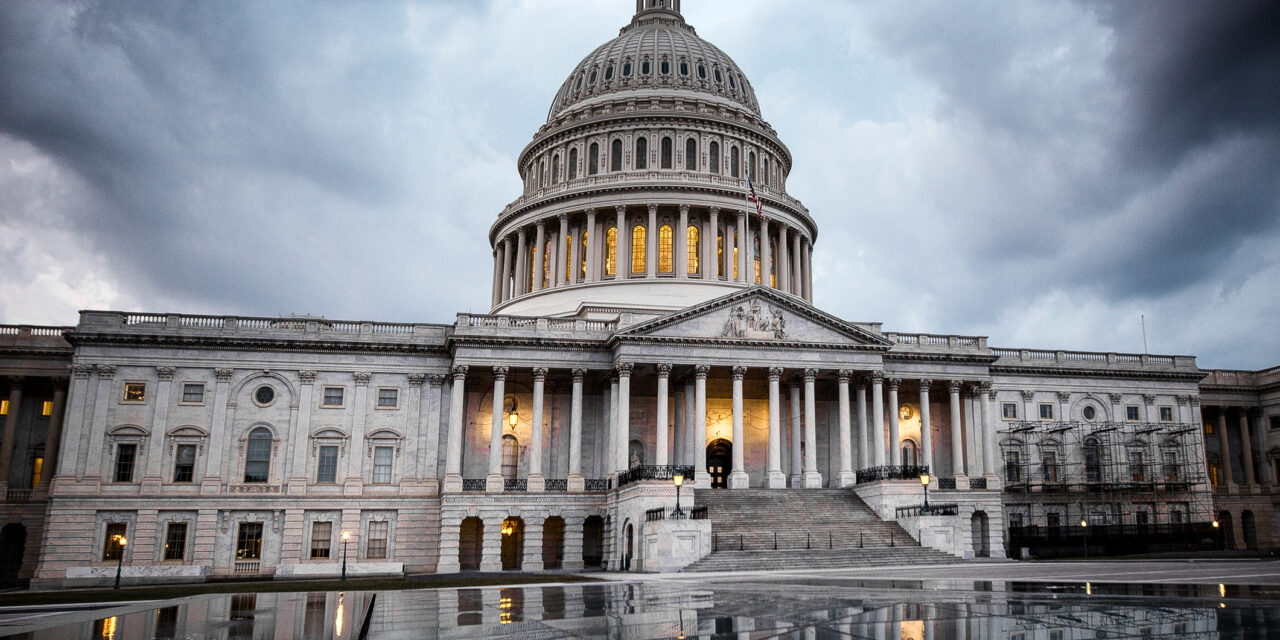Hopefully, you understand the basics of what happens if the United States Congress Joint Select Committee on Deficit Reduction (the Super Committee) fails to produce a plan to reduce the budget deficit by its November 23rd deadline. Most obviously, it will mean that something called “sequestration” kicks in. That’s just a fancy word that means $1.2 trillion will be cut from the ten-year budget, with half coming out of the Pentagon’s hide and the other half coming from Medicare providers and cuts in discretionary appropriations for nondefense programs. The Republicans don’t want either result, and they have one powerful arrow in the quiver. As the Heritage Foundation makes clear, they are going to use the testimony of Defense Secretary Leon Panetta, who has said recently that sequestration would have a devastating impact on our national defense. The Joint Chiefs of Staff have expressed a similar opinion. Thus, tremendous pressure can be brought to bear on Democrats to restore much of the defense spending that stands to be cut if the Super Committee cannot come up with deficit reduction recommendations.
Yet, the Democrats are showing some spine. The White House made clear that they do not intend to sign any bill that undoes the Pentagon’s budget cuts, and Harry Reid is indicating that the Senate won’t let such a bill get to the president’s desk in the first place.
Republicans cite the warning from Leon Panetta, President Obama’s Defense secretary, who has cautioned that slashing the Pentagon’s budget would hollow out the military.
Panetta warned lawmakers this week that a supercommittee failure would force him to slash 2013 spending by $100 billion.
But [Senate Majority Leader Harry] Reid said Tuesday that Senate Democrats would not allow non-defense discretionary programs to bear the brunt of automatic cuts and defense programs to dodge the blade.
“If the committee fails to act, sequestration is going to go forward. Democrats are not going to take an unfair, unrealistic load directed toward domestic discretionary spending … and take it away from the military,” Reid said.
“Those who are — who talk about retracting the sequester are wrong and are not living up to the agreement we reached to cut our nation’s deficit last July,” Reid added.
Another possible consequence of failure by the Super Committee is a further downgrade of our country’s credit rating, so rooting for failure isn’t without its costs. Yet, if the Democrats are willing to take the heat for massive defense spending cuts, they can get them. However, it’s doubtful that in an election year the Democrats would want to hold the line. Some level of defense spending would probably be restored.
Are you rooting for failure?







